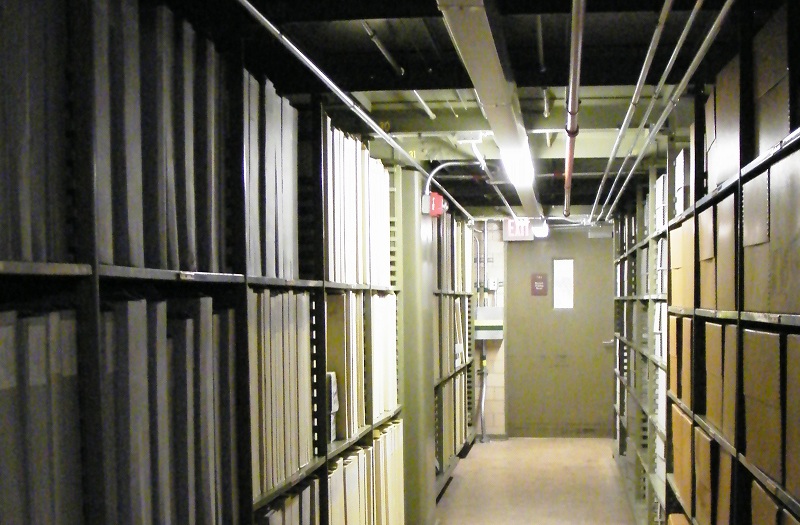The congruity between media reporting and the institutions` transparency
Published in Analyses
on 27 - 05 - 2016 Author: Дејан Донев
It is said that a society’s openness and level of democracy, i.e. respect and guarantee of free thinking, expression, free association and of the free life in general, can be estimated through the position and the meaning of the journalistic profession.
Author: Dr. Dejan Donev, associate professor of ethics in journalism and ethics in media
The aforementioned thesis speaks and confirms much – that the media reflect both the creation of conditions and a movement in a society, which means that the democracy, above all, is expressed in the media, in their structure and culture. The thesis itself, solicits good and vibrant journalism – ethically founded, wide ranged, humane and valuable. Without high moral its high moral devotion, it is illusionary to expect good functioning and democracy development.
All this stems from the fact that the journalists are transmitters, mediators and critics of the society and the country. They transmit the messages, mediate as an outer layer between the government and the citizens and critically estimate the public messages, but also the social and life problems. By providing constant reviewing of the factors’ behavior in the society and by publishing critic for such behavior, the journalists are the appropriate counterweight that will create the critical mass in the public, which will foresee the events and will influence the consequences.
THE MEDIA ARE MORE THAN INDISPENSABLE
By doing so, the media and the journalism became main engine of the molding and the re-molding of the world and the life, in compliance with the power they gained. Therefore, they should be considered and highly important factor in the directing, and even in the creating of social processes; but not any longer as only a secondary social phenomenon, neither as a mediocre companion in the social occurrences.
So, when we are speaking about the transparency of the system’s institutions in a society that strives to develop democratically, the media are more than indispensable, as witnesses, but also as the initiators for the transparency and the openness of the institutions. The “Fiscal transparency and accountability of the public institutions” of The Association for Emancipation, Solidarity and Equality of women (ESE) states: “A country will reach a high level of democratic rule once when it will truly make the transition from conservative to open government, whereupon the citizens will have the opportunity to become familiar with the data regarding the actions of the country related to the money invested by them. This way, the citizens will be informed how, and what actually, the people they voted for do and will be able to understand the decisions they make, will be able to influence the decision making process, will participate in their creation and will, especially, gain trust in the government and will have the feeling that are equal members of the society they live in…”, because “the transparency i.e. the openness in the procedure of planning, creating and implementing the state policies, and especially the transparency regarding the planning and implementing of public finances, is a key element for good governing”.
Thus, it is completely logical and legitimate to question not whether, but how much and why the institutions are closed or opened, because that particular (non)transparency in their work points out to the level of development of the (non)democratic awareness of the one managing the social processes and the public – the government, but whether and how the media report about that particular (non)transparency of theirs, and so they vouch for the real achievement of the expected function of the institutions as a service for the citizens, becoming their verifiers, but also critics of an act of “masked” presentation of the goods and services quality level, which are provided by the institutions financed by the people’s money.
Yes, there are attempts, some with higher quality, some with lower quality, some are complete, some just address the problem… It is important that there is positive movement, by following the example of: “Think Tank Analytics”: “The energetics sector is not transparent and does not offer accountability”, “Hey experts, a plethora of important decision are made behind closed doors”, “The government is running away from a detailed report about the spending of the people’s money”, “The Macedonian institutions remain closed for the public”, “ANALYSIS: The public must have an insight in the official’s personal property statement!”…
HERMETICAL ISOLATION OF THE INSTITUTIONS
What’s more, the media slowly take over the role of a watchdog, eternal critics of the social flows, piercing their hermetical isolation which was and it is still expressed to the level of sterility and purblind servility, while they are trying to inform the public about who and how are they paying for, accordingly to the quality level when they receive services from the institutions.
At the very end, it is justified to question the influence of the image that, while trying to inform the public, the media have on the image through canalizing and “filtering” the information – serving the system or serving the public, which takes us at the beginning of the thesis, stating that a society’s openness and level of democracy, i.e. respect and guarantee of free thinking, expression, association and of the free life in general, can be estimated via the position and the meaning of the journalistic profession. That’s why it ought to be emphasized that the journalist is present in each his/hers information, therefore he/she cannot hide behind some so called “abstract pure fact”. His/hers views are already implied in the information, and the views can be surveilled through the magnifying glass of one ethic qualification or valorization. Namely, we do not live as abstract creatures, outside the society and outside the history, yet we are “deeply dug” in all occurrences around us, so we are part and parcel of those occurrences and of that life. Ethically apostrophized: we are all responsible for the quality of life that is produced with us and against us, and for us and in ourselves, because even if we don’t do anything, we still contribute to make the life to be as it is!


